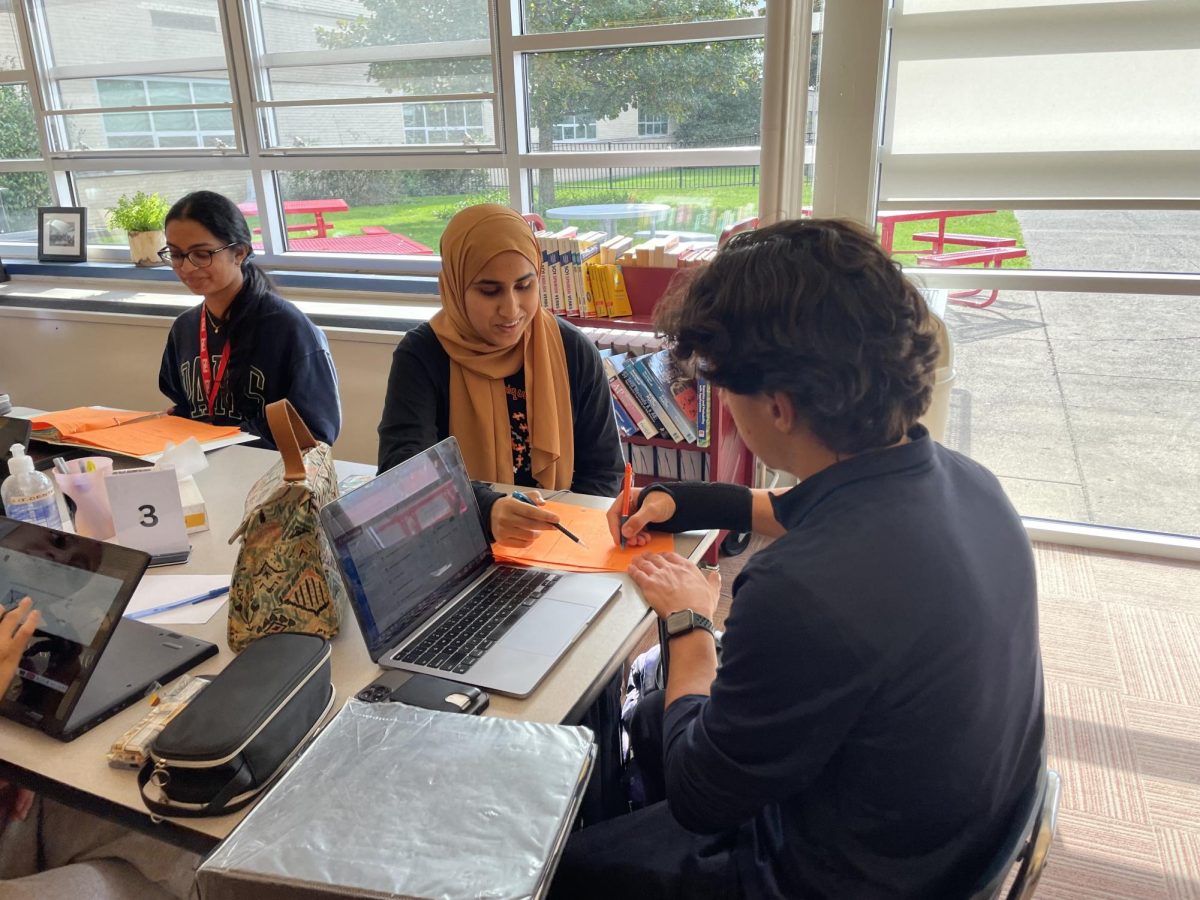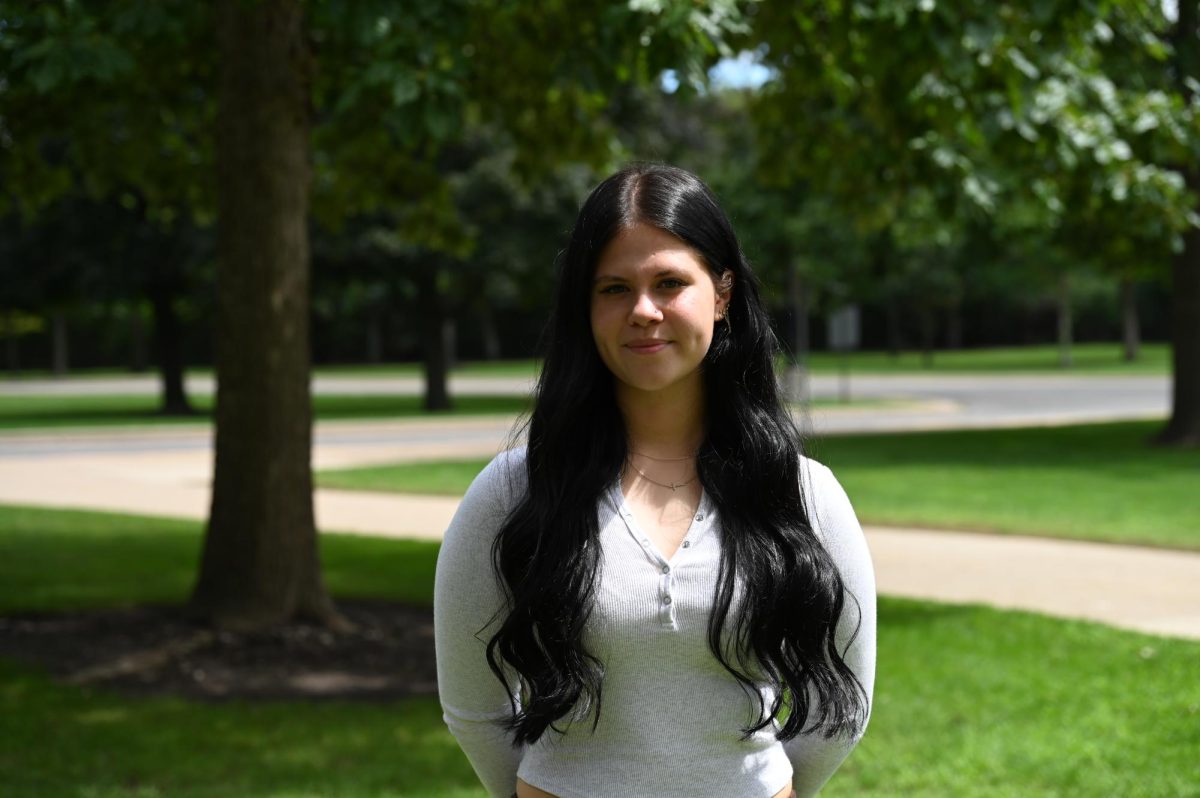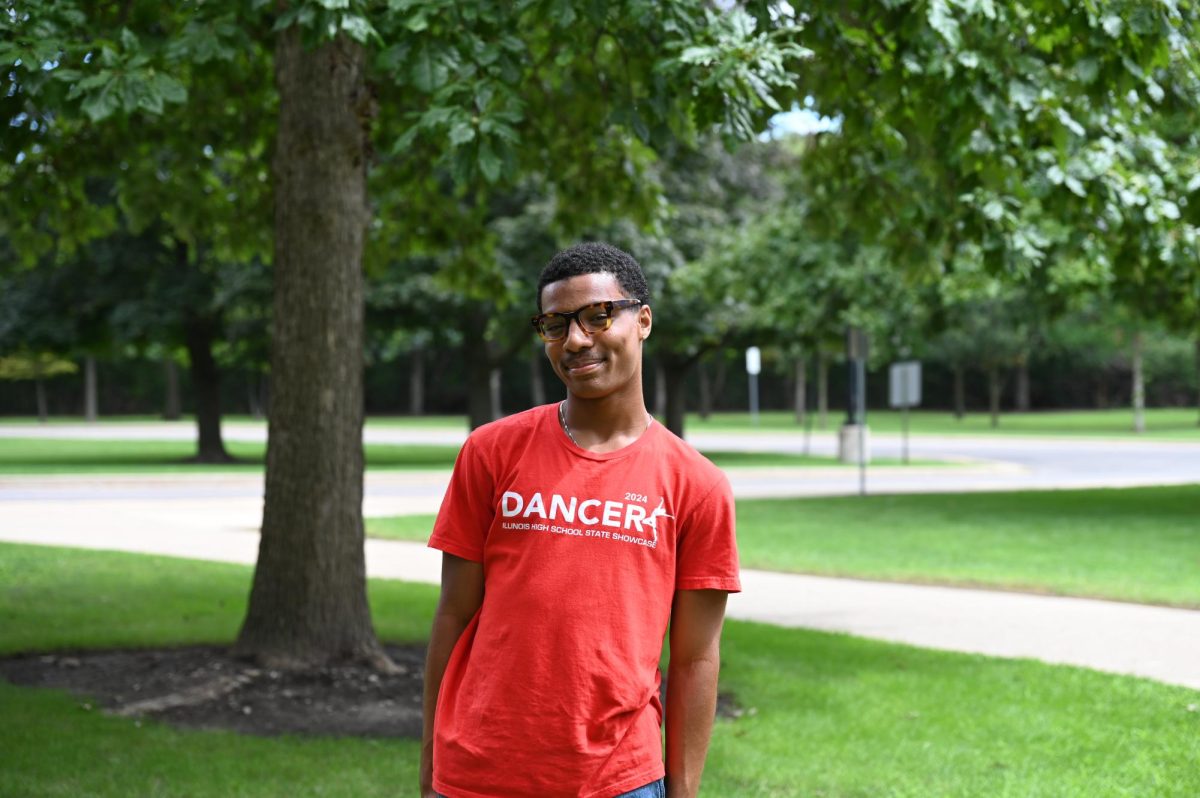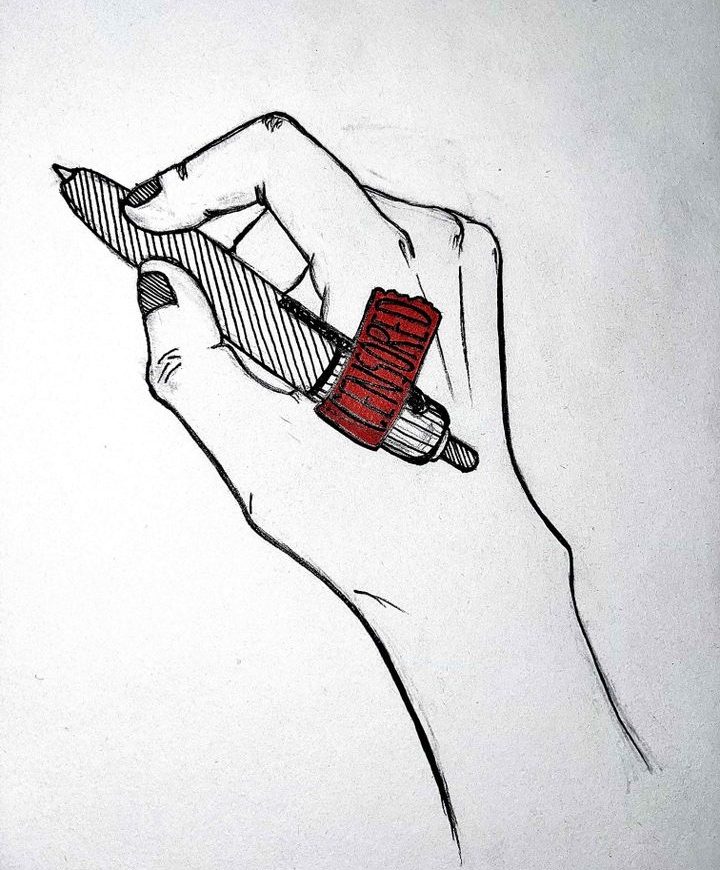Trigger Warning: The following article contains sensitive content that may be unsuitable for some readers.
Over the past few weeks, something has become abundantly clear to me: the idea that everybody is going through something behind closed doors. While this idea isn’t new to me, I have heard and seen things from my peers that have made me realize the dire importance of empathy.
Due to college decisions and finals, many of my friends have been under a lot of stress these past few weeks. Some of my friends have explained their situations to me, and I have been hearing things that I previously wasn’t aware of. One peer I’ve been close with since childhood began to share the severity of their situation at home. Although I knew they didn’t have a perfect relationship with their parents, I didn’t know how big of an effect their home situation had on them. While I can’t share any more details, because it’s not my story to tell, I’m sure many students have a friend in a similar situation. The next day at school, after I had been on the phone with my upset friend, I noticed they seemed fine in class. They acted the same as they did every day, and their mood was no different from that of other students. This observation made me think: how many people are going through things their classmates and teachers aren’t aware of?
Whether you’re a teacher or a student, take a moment to think about your typical classroom. Visualize the nearly 20 students, and then consider some statistics.
At Niles West, 32.5% (2024) of students are low-income, defined by the fact that they are eligible to participate in the free or reduced-price lunch program (Illinois Report Card). That means an average of six students in a 20-person classroom are classified as low income. 2% (2024) of Niles West students are classified as homeless, meaning nearly one student out of every five classrooms is homeless (Illinois Report Card).
In the U.S., around half of marriages end in divorce, and over 30% of teens (under 18) live with divorced parents (Pew Research). In a classroom of 20 students, around six have parents who are divorced. Students with divorced parents aren’t the only ones who suffer from issues at home, though. 55% of students (2022) reported experiencing emotional abuse from their parents in the last year, and 11.3% reported suffering from physical abuse (New York Times). In a classroom of 20 students, this means around 11 students suffer from emotional and possibly physical abuse at home.
Over the past few years, multiple peers have shared stories of sexual assault with me, something that is easy to avoid thinking about, until it happens to you. Still, just like in the case of my other peer, the peers who shared these stories with me showed up to school the next day acting perfectly normal.
One in nine teenage girls and one in 20 teenage boys have experienced sexual assault or abuse (Rainn). In a classroom of 20 students, around two girls have experienced sexual assault or abuse, and one boy has experienced sexual assault or abuse.
Studies find that nearly half of adolescents have struggled with a mental health condition before the age of 18. 32% of 13-18-year-olds are or have previously struggled with an anxiety disorder (Office of Population Affairs). That’s around six students in a classroom of 20. Approximately 13% of 12-17-year-olds struggle with depression. That’s around three students in a classroom of 20. Nearly 9% of 13-18 year olds have ADHD. That’s nearly one student in a classroom of 20 (OPA). 13% of adolescents will develop an eating disorder before they turn 20 (Eating Disorder Hope). Although this statistic cannot accurately be applied to a classroom of 20, because the statistic involves students over the age of 18, it is important to realize that there are students in your classes who suffer from eating disorders.
These statistics may seem overwhelming and cynical, but students need to be reminded that they never know what’s going on in another student’s life. The next time you go into class and see your classmates, make sure to give them the benefit of the doubt, because you never know what they were going through the night before. Don’t tease your fellow peers for things they can’t control, such as their clothing or the way they look, because for all you know, the student you’re teasing can’t afford new clothes and the student with puffy eyes was up at night crying. Remember to consider what it would be like to be in somebody else’s shoes before you criticize them and consider the fact that you don’t know what they’re going through, even if they look perfectly fine. Although teasing someone might come off as a joke, words stick with people, and it costs nothing to be nice. Just a singular compliment can make someone’s whole week.
For teachers, it is just as important to exercise empathy as it is for students. When teachers see students falling asleep on their desks or slacking behind on classwork, I find it unnecessary to call them out and tease them in front of the class, a move that many teachers pull for some laughs, even if they try to deny it. On the other hand, teachers should speak to the student privately and give them some grace if they think they’re struggling. Although I am sure as teachers, it is frustrating to have students not turn in work, it is critical to consider that there is usually a reason why students are falling behind, and the statistics above provide convincing and legitimate evidence that many students are struggling in secret and sometimes need some extra support. As a teacher, it is not your job to be a friend to students, but it is even less your job to make students’ lives harder than they already are, and many students have lives that are harder than teachers may imagine.
If you or anyone you know is struggling, please don’t hesitate to utilize the following resources:
- The Niles West Counselors’ Office
- Located on the first floor, across from the attendance office
- Mental Health & Crisis Support
- Call or text 988 for the Suicide & Crisis Lifeline
- NAMI HelpLine
- Call +1-800-950-6264 or text “NAMI” to 62640 for mental health support and resources
- National Domestic Violence Hotline
- Call +1-800-799-7233 for anyone experiencing emotional or physical abuse
- RAINN (Rape, Abuse, & Incest National Network)
- Call +1-800-656-HOPE if you are experiencing any form of sexual abuse
- The Trevor Project (LGBTQ+ youth)
- Call +1-866-488-7386 or text “START” to 678678















